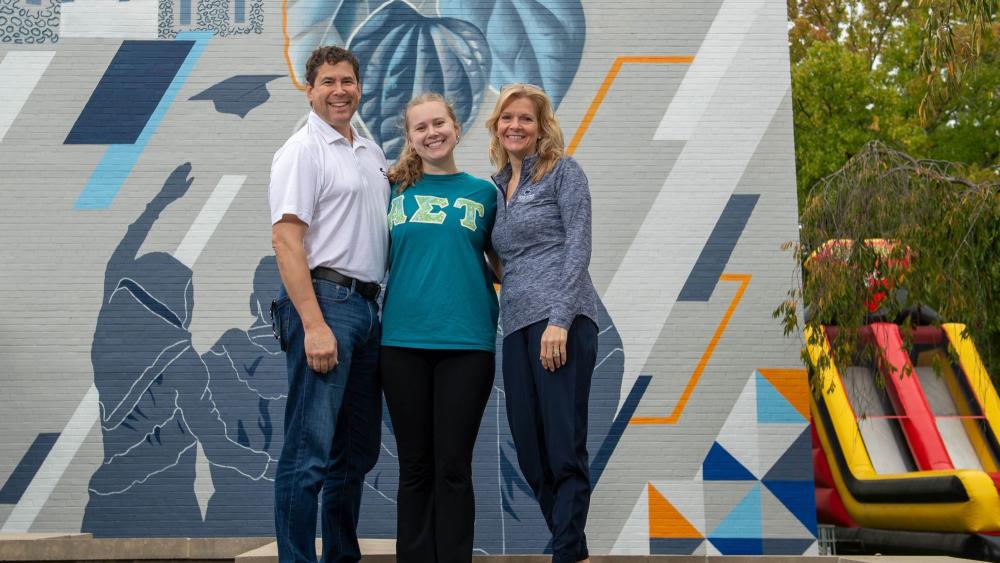Saint Louis University Secures Million Grant to Enhance Geriatric Care Education
In a significant initiative aimed at improving the quality of care for the aging population, Saint Louis University (SLU) has been awarded a million grant by the Health Resources and Services Administration (HRSA). This funding extends a successful 30-year partnership with HRSA, focusing on geriatrics-related education and outreach in the St. Louis region, as well as across the state of Missouri.
The five-year grant, part of the Geriatric Workforce Enhancement Program (GWEP), has been spearheaded by Marla Berg-Weger, Ph.D., MSW, a professor emerita in social work, and Max Zubatsky, Ph.D., LMFT, an associate professor in family and community medicine. This initiative seeks to address the increasing challenges associated with elder care by training healthcare and supportive care professionals to effectively handle dementia, loneliness, social isolation, caregiver stress, and other critical issues affecting older adults.
The GWEP aims to create a robust network of training and education, ensuring health care practitioners across various disciplines—including physicians, physical and occupational therapists, social workers, and nutritionists—are equipped to meet the specific needs of an aging population. The program will specifically target populations in medically underserved and rural areas in Missouri and Southern Illinois, encompassing all eight congressional districts in Missouri.
In discussing the significance of this grant, Berg-Weger highlighted the expanded educational scope over the last decade. “We have educated not just geriatrics specialists but all health professionals who interact with older adults,” she noted. This comprehensive approach aims to improve patient outcomes through enhanced care practices, such as allowing additional time during medical examinations and facilitating reliable transportation for patients unable to drive.
The growing geriatric workforce shortage underscores the urgency for renewed focus on training new healthcare professionals. Zubatsky emphasized the dual-edged nature of increased longevity, stating that while longer life offers avenues for thriving, it also correlates with heightened chronic health issues and caregiver demands. “This grant will help educate current providers on geriatric care and expand the future workforce,” he said.
The funding will support various community organizations and initiatives that address health disparities affecting older populations, particularly in areas marked by poverty and social inequities. Among the strategies planned are comprehensive clinical rotations for students, innovative behavioral health services for managing dementia and loneliness, and a collaborative case competition focused on geriatric care.
Additionally, SLU will roll out a new apprenticeship program designed for certified nursing assistants working in long-term care facilities, further bolstering workforce training in this essential area.
The initiative is backed by a coalition of 17 faculty members from several of SLU’s academic divisions, including the School of Medicine, the Trudy Valentine Busch School of Nursing, the School of Social Work, and the Doisy College of Allied Health Sciences. The project also collaborates with nine community partners, including hospitals, health foundations, and aging agencies, to ensure a comprehensive approach to geriatrics education and outreach.
This strategic funding reinforces SLU’s commitment to enhancing well-being among older adults, fostering an age-friendly environment, and addressing the critical challenges faced by this demographic in the healthcare system.


